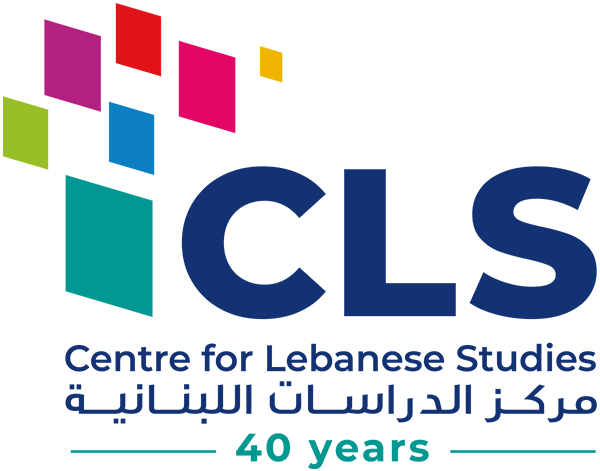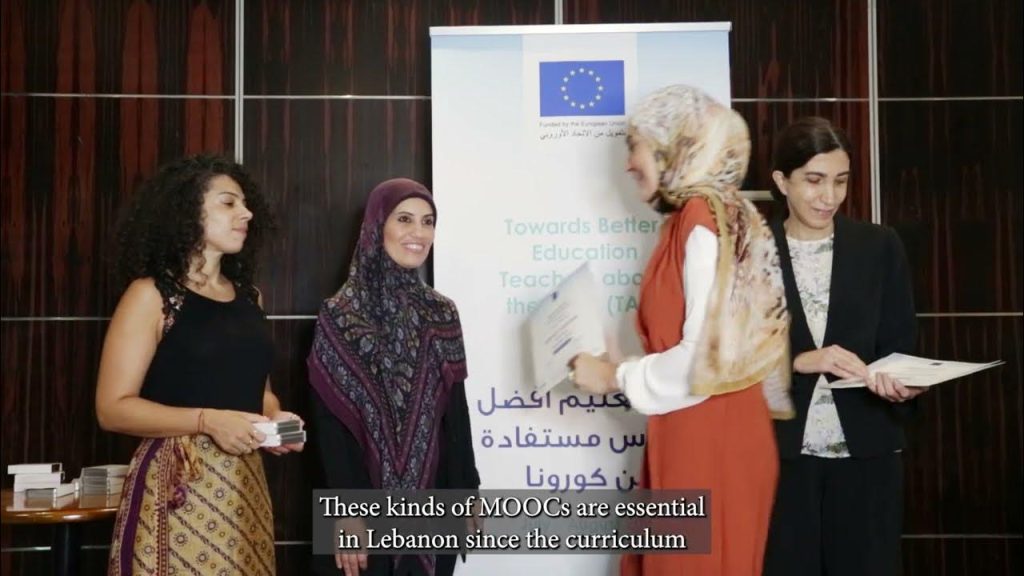Towards Better Education: Teachers above Crisis
About
Through this project we developed a blended approach for teacher professional development programmes for Lebanese and Syrian educators working with refugees from Syria and Lebanese children from marginalised backgrounds. The main aim of the project is to bridge the capacity of educators working and living in an increasing complex crisis in Lebanon and create spaces for knowledge co-production and exchange. More specifically, the project comprises a blended learning teacher professional development programme, which combines learning via MOOCs and learning face-to-face. The professional development aims at supporting educators to improve the quality of learning offered to Syrian refugees as well as Lebanese young people who are increasingly struggling with access to quality education and safe learning environments. The main themes that the project focused on were Education Technology, Alternative Assessment, Inclusive Education and Psychosocial Support
- Funded By: European Union. The funds are provided through the EU Regional Trust Fund in response to the Syrian crisis (the 'EU Madad Fund')
Learn More
In July 2021, we launched four-week Mass Open Online Course (MOOC), entitled ‘Towards Better Education: Lessons Learnt from COVID-19’. It attracted 2800 Arabic speaking educationalists. The MOOC was built on experiences teachers acquired during COVID-19, and were captured through teacher-led research conducted by 16 teachers from Lebanon focusing on four themes: EdTech and interactive pedagogy; Assessment for better learning; Inclusive Education; Protection and Psychosocial support. This project builds on this MOOC by providing in-depth engagement between 24 Lebanese and Syrian teachers during blended workshops. The face-to-face component was facilitated by experts in inclusive education, psychosocial support, and EdTech. Experts will work with teachers to bridge skills enhancing abilities to work in challenging contexts. This project opened spaces for teachers for further collaborations; provides teachers with new EdTech skills needed to improve the quality of their teaching in a changing teaching and learning environment which will help them improve their employability choices and options; improves quality of learning which reduces drop-out rates, and builds CLS capacities by providing new skills to our staff and enhance sustainability of our programmes.




